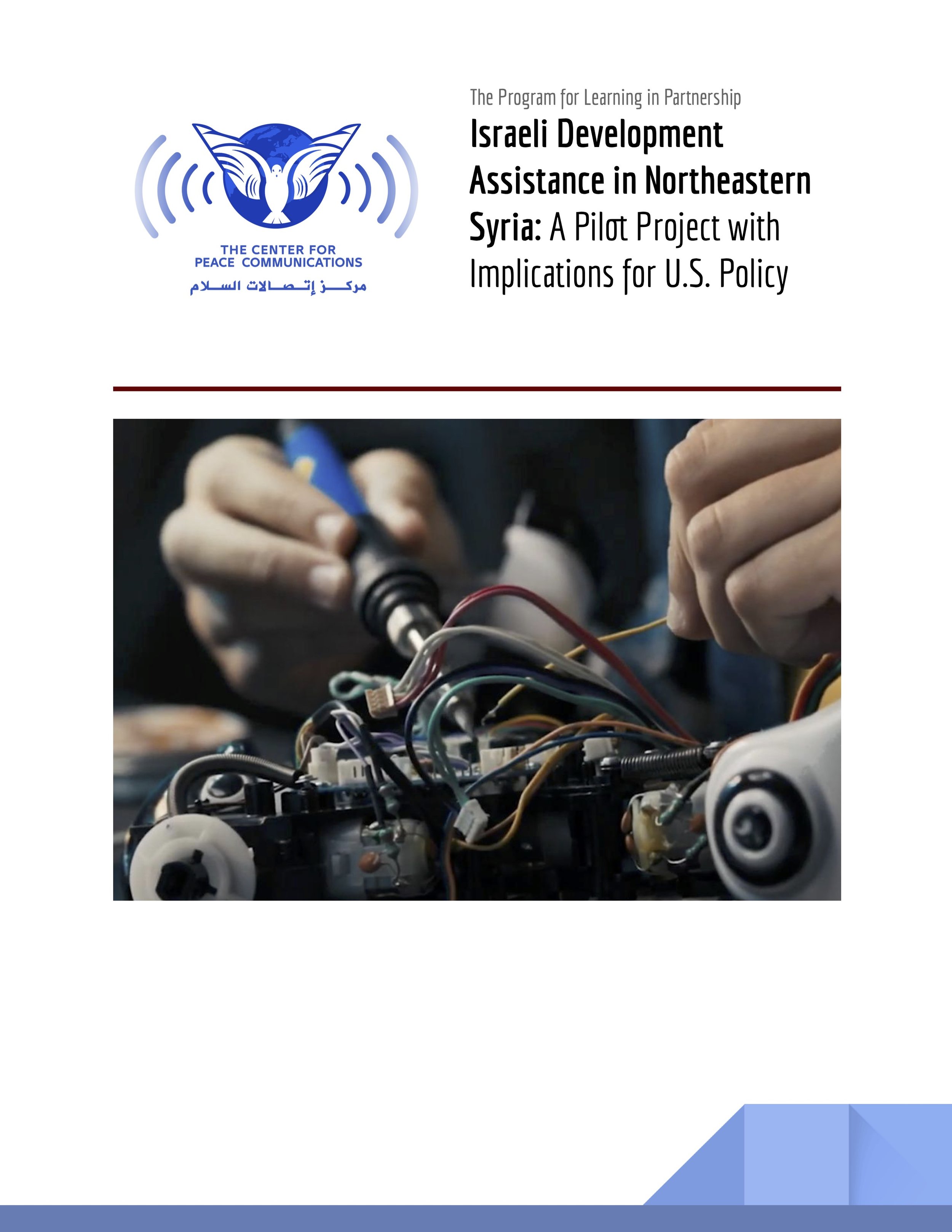
PUBLICATIONS
A new opportunity has emerged to roll back generations of antisemitic and rejectionist messaging in Arab media, mosques, and schools. It stems from the convergence of interests between Israel and Arab powers, a youthful Arab grassroots trend in favor of a “peace between peoples,” and new Israeli and American Jewish capacities to engage Arab public discussions from the outside in. Center founder Joseph Braude documents the opportunity as well as the obstacles and then proposes a strategy to accelerate progress.
Inequality within and among states poses not only a moral concern but also a threat to global security.
Demand for interfaith dialogue initiatives is growing in Iraq, particularly among the youth. But so is the use of bigotry as a political tool to mask corruption.
There is a big difference between hurtful speech propagated by individuals and similar speech propagated by governments. A greater emphasis on peace communications as a supplement to diplomatic efforts can reduce the damage done by the latter, and ultimately mitigate the former.
Dialogue has to be direct; people who have been enemies need to summon the courage to look one another in the eyes, to touch each other’s hands, to hear each other’s voices.
Program for Learning in Partnership Publications
For decades across the Middle East and North Africa, Arab states and Islamist movements have employed brainwashing, violent intimidation, and draconian “anti-normalization laws” to arrest human relations between their societies and Israeli citizens.
Israeli author Yossi Klein Halevi’s 2018 book, Letters to my Palestinian Neighbor, combined an earnest, introspective and sometimes self-critical narration of Israelis’ shared identity with a message of curiosity and empathy for Palestinians.
Amid Iraq’s political crisis and collapsed healthcare sector, Iraqi and Israeli doctors came together to envision partnerships that place human life above ideology.
To support development in Syria’s liberated northeast, the Arab Council helps local engineers remove landmines and boost agricultural yields — with help from an unlikely teacher.
As part of its Program for Learning in Partnership, the CPC convenes Iraqi, Israeli, and Syrian experts in their region’s water scarcity crisis to jumpstart cooperation.
CPC’s Samuel Tadros gathered Iraqi, Tunisian, and Israeli education specialists to exchange views about the state of education reform efforts across the region.












